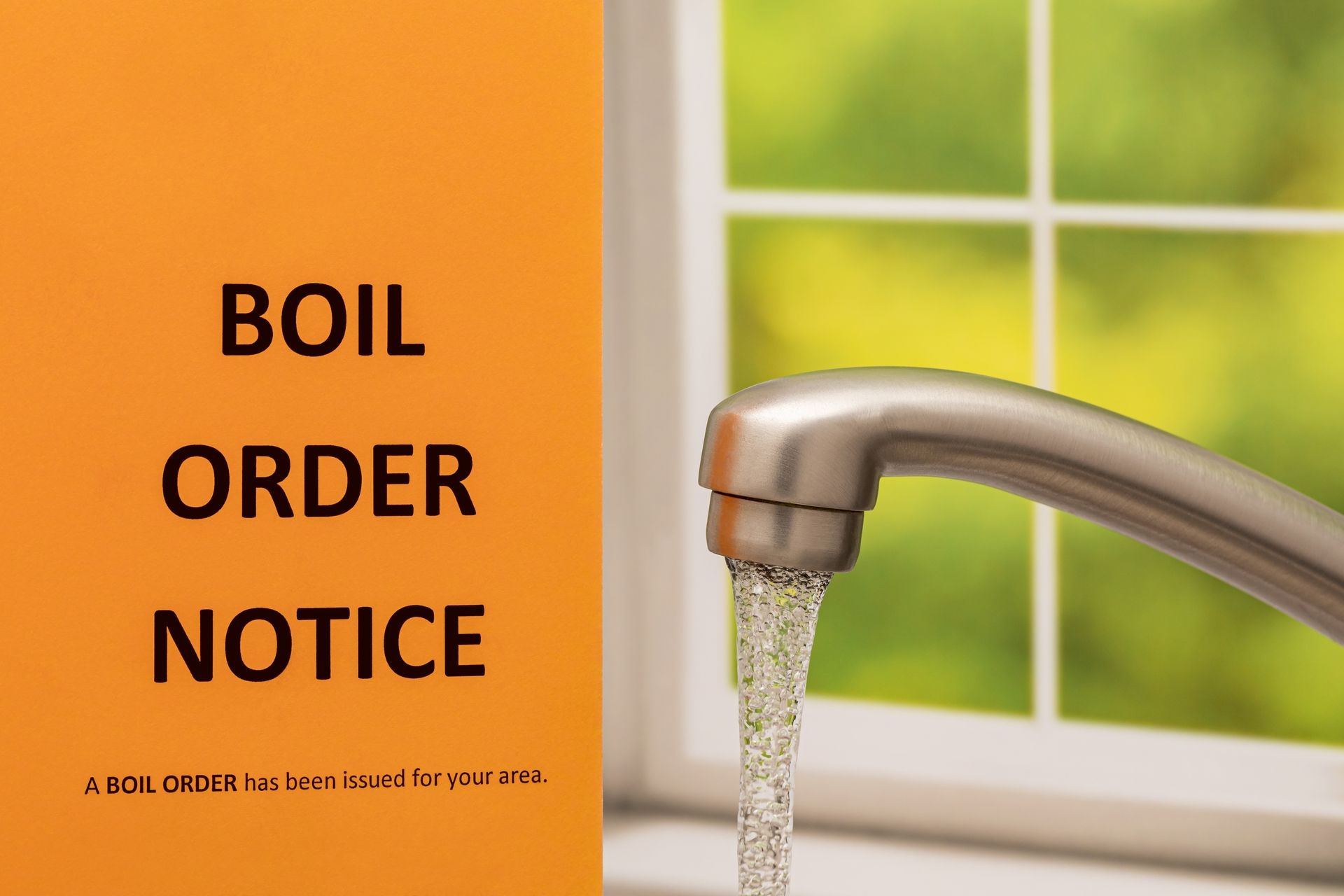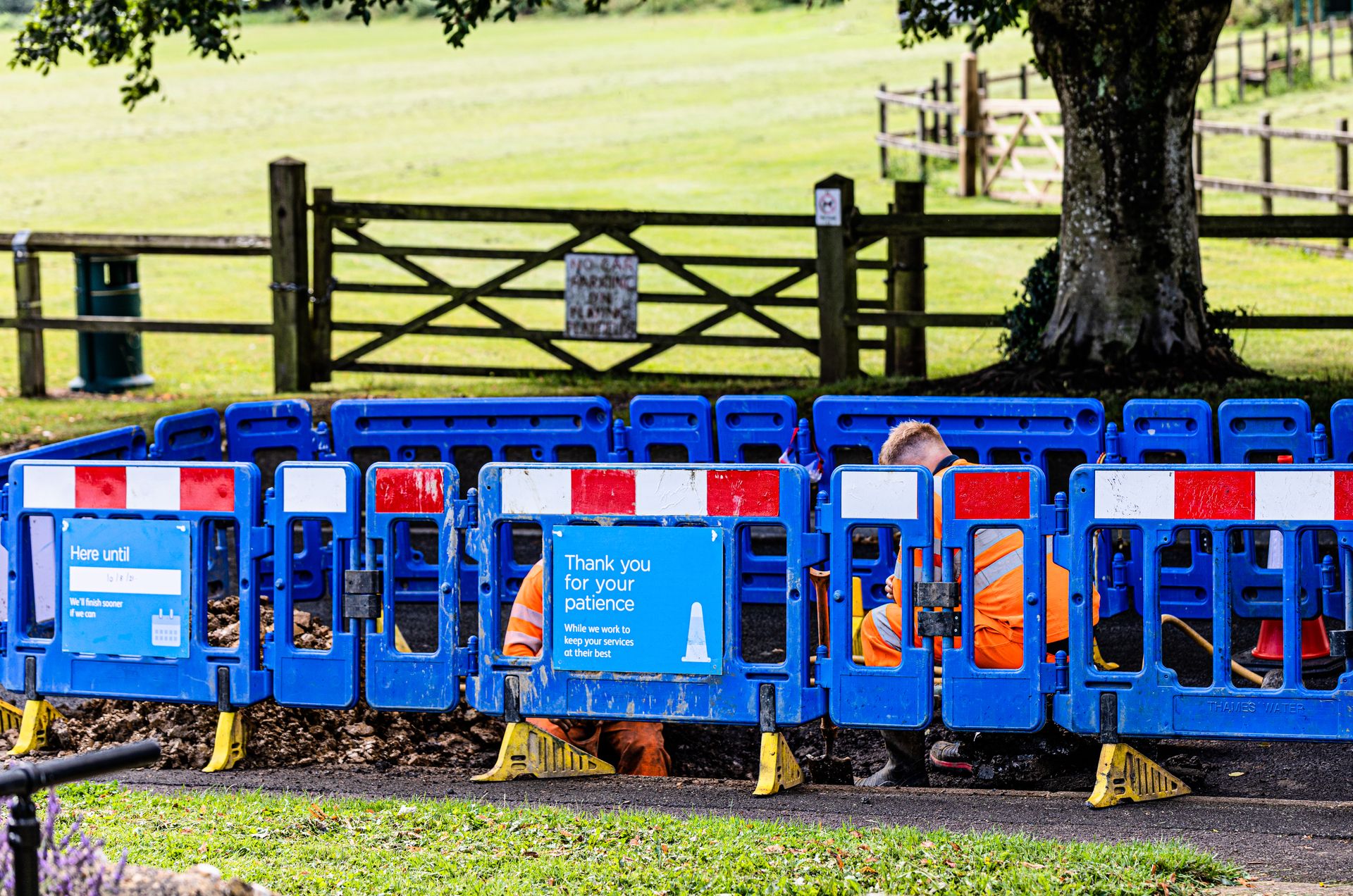A Pipe Dream: Why Millions in the UK Still Can’t Trust Their Tap Water
When most people in the UK turn on their taps, they expect clean, safe drinking water, nothing more, nothing less. Yet for thousands across the country, that simple expectation remains a pipe dream. From recurring boil water notices to unannounced supply interruptions and faecal contamination scares, water insecurity is becoming a lived reality for far too many.

Contamination in the Cotswolds: A Snapshot of a Broken System
In May 2024, over 16,000 residents in parts of Gloucestershire, including the town of Brixham, were instructed not to drink their tap water due to a cryptosporidium outbreak. This waterborne parasite can cause severe gastrointestinal illness, and its detection was traced back to a faulty valve at a local treatment works operated by South West Water. The incident wasn’t an isolated event—it followed earlier cases in Devon, East Sussex, and Lancashire where tap water was also deemed unsafe to drink.
"I never thought we’d be boiling water in the UK like it’s the 1800s," said local mother Rachel James, whose six-year-old son was hospitalised after developing symptoms. "You assume things are monitored. You trust the system. Then it breaks, and you realise no one’s watching the watchers."
The Infrastructure Gap: Victorian Pipes in a 21st-Century Nation
The UK’s water infrastructure is, quite literally, crumbling. According to a 2023 report from Ofwat, nearly 25% of the country’s mains water pipes are over 100 years old. These ageing systems are particularly vulnerable to leaks, backflow contamination, and pressure fluctuations that can allow pathogens into the network.
The situation is exacerbated by underinvestment. While water companies paid out £1.4 billion in dividends in 2023 alone, much-needed upgrades to treatment plants and pipe networks were either delayed or cancelled altogether. A National Audit Office report warned that the regulatory regime lacks teeth and fails to penalise chronic neglect.
"There’s a systemic conflict between shareholder interests and public health," says Dr. Maya Dobson, a public infrastructure expert at the University of Manchester. "Our water network is being run on outdated assumptions and old pipes."
Boil Water Notices: The Hidden Epidemic
Between 2021 and 2024, the Drinking Water Inspectorate (DWI) recorded over 400 incidents involving microbiological contamination, with dozens leading to formal boil water advisories. Many such incidents are poorly communicated. In parts of rural Yorkshire and the Scottish Borders, residents report learning about water safety alerts from social media or neighbours rather than official channels.
“We had no clue until my neighbour’s kids started vomiting,” said Bill Carruthers of Peebles. “By the time Scottish Water confirmed it, we’d already drunk the stuff.”
The DWI insists the UK’s drinking water remains among the safest in the world, citing 99.95% compliance with microbiological standards. But that figure hides a disparity: communities most affected by outages and contamination are often in poorer, rural, or coastal areas—places where political influence is limited and resilience infrastructure is weak.
Industry Accountability: Smoke, Mirrors, and PR
Water companies often blame "extreme weather" or "operational challenges" when incidents occur. But critics say this messaging masks deeper issues. Thames Water, for example, has faced repeated criticism over its slow response to contamination events, including a 2023 case in which raw sewage seeped into the supply network near Reading due to a pump failure.
An internal Environment Agency review cited "poor contingency planning and lack of site-specific hazard awareness" as contributing factors. Yet no fines were issued.
Even the Environment Secretary has acknowledged the problem. In a March 2024 Commons session, they admitted, “Public confidence in the safety and reliability of our water supply is at a low ebb.”

Lives on Hold: The Human Cost of Untrustworthy Water
The fallout extends beyond the tap. Schools have closed, businesses have lost revenue, and hospitals have been forced to suspend non-critical care due to water safety concerns. In one case, a care home in Kent had to evacuate 22 residents during a heatwave after their water supply was cut for over 36 hours.
“Imagine trying to look after elderly patients with no clean water, no working toilets, and no information,” said Angela Green, a care home manager in Maidstone. “We were told to just wait it out. It’s unforgivable.”
What Needs to Change?
Campaigners are calling for urgent reform. Proposals include:
Mandating minimum infrastructure investment targets for water companies
Automatic compensation for households affected by water safety failures
A real-time national water quality alert system accessible via SMS or app
Reforming Ofwat’s remit to prioritise health and environmental outcomes over corporate profitability
The government says it is “consulting on improvements,” but critics say the pace is glacial. Until then, families like the James’ in Gloucestershire are left boiling kettles and buying bottled water, in one of the world’s wealthiest countries.
For now, trust in the tap remains a dream deferred.




